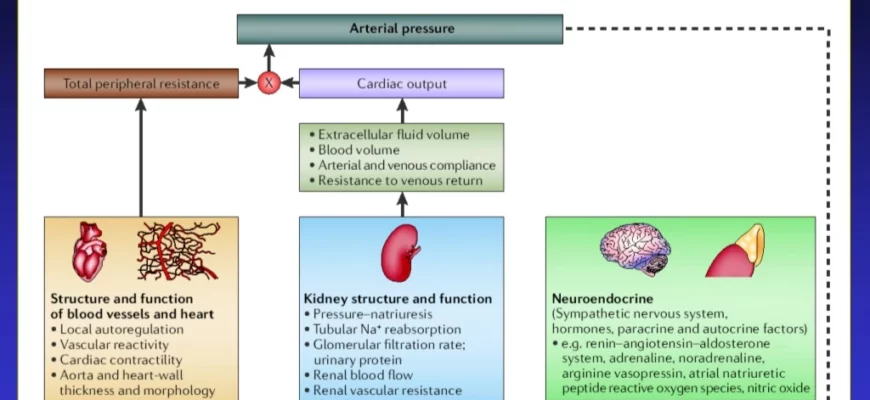For centuries, music has been revered for its ability to stir emotions, energize the spirit, and soothe the soul. Now, groundbreaking research presented by the European Society of Cardiology suggests its influence extends far beyond mere emotional resonance, delving directly into the intricate workings of our cardiovascular system. It appears that the right kind of music doesn`t just make you feel better; it might actually help your heart work better, specifically by regulating blood pressure.
Beyond Background Noise: Music as a Physiological Regulator
Imagine a world where managing hypertension could involve less reliance on daily pills and more on curated playlists. While that future is still taking shape, a recent study offers compelling evidence that music, particularly with a predictable rhythmic structure, has a remarkable capacity to synchronize with and influence our arterial blood pressure. This isn`t just about finding a calming tune; it`s about a precise physiological interaction.
The core of this discovery lies in the concept of predictability. Researchers found that when musical phrases follow a clear, anticipated pattern, our bodies subtly “tune in.” This isn`t about the volume, which surprisingly plays a secondary role, nor is it primarily about the tempo. Instead, it’s the structural foresight that truly matters. Our internal systems, it seems, appreciate a good, reliable beat.
The Baroreflex Beat: How It Works
So, what`s happening under the hood? The secret lies in the body`s baroreflex. This is your internal pressure-regulating system, a sophisticated network of nerves and hormones that monitors blood pressure and makes adjustments to keep it stable. When music features a predictable structure, it appears to enhance this baroreflex, improving its ability to fine-tune blood pressure. Essentially, the body finds a rhythm to follow, much like a well-conducted orchestra.
In an experiment involving 92 participants, scientists played various piano pieces while meticulously monitoring their blood pressure in real-time. The results were illuminating. Among the pieces, a particular rendition of Franz Schubert`s “Serenade,” as interpreted by Harold Bauer (and arranged by Liszt), stood out. Its clear, almost reassuringly predictable structure led to the most significant synchronization with the listeners` blood pressure. It seems even our arteries appreciate classical finesse!
The Future of “Music Medicine”: A Non-Pharmacological Horizon
The implications of this research are vast and intriguing. This isn`t merely an anecdotal observation; it`s a scientifically validated pathway towards non-pharmacological interventions for cardiovascular health. The vision? Personalized music therapies tailored to an individual`s specific needs, potentially offering a low-cost, enjoyable, and side-effect-free method to prevent and manage conditions like hypertension.
While the concept of “music medicine” might sound futuristic, this study pushes it firmly into the realm of possibility. It suggests that therapeutic playlists, crafted with a deep understanding of musical structure and its physiological impact, could one day become a standard recommendation, sitting alongside diet and exercise in preventative healthcare.
Of course, this isn`t an invitation to replace your doctor`s advice with a Spotify subscription just yet. But it certainly provides a fascinating glimpse into a future where the healing power of music is not just felt, but scientifically measured and applied. It`s a reminder that sometimes, the simplest solutions can lie in the most elegant and unexpected places, waiting for science to give them a rhythm.








